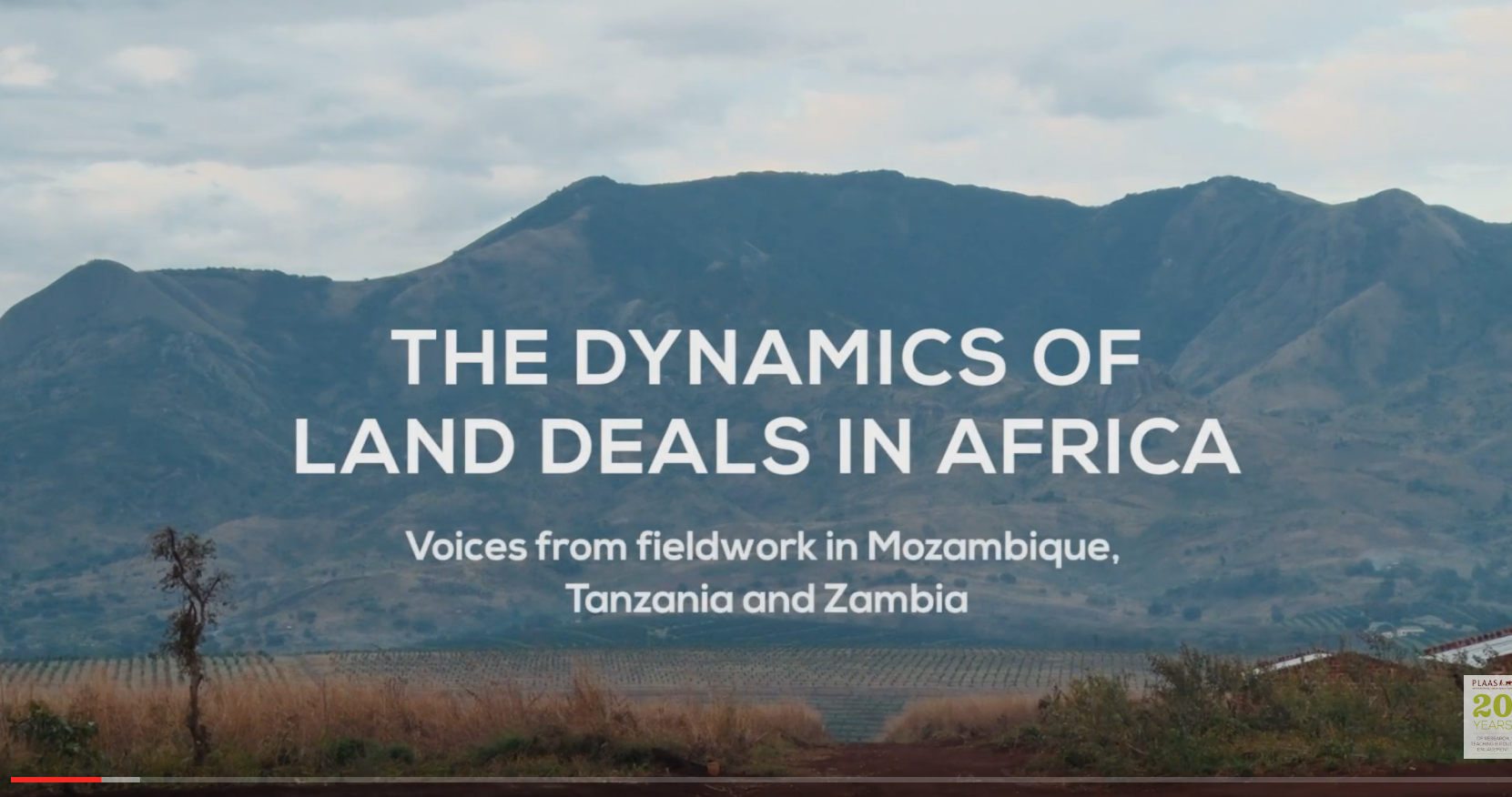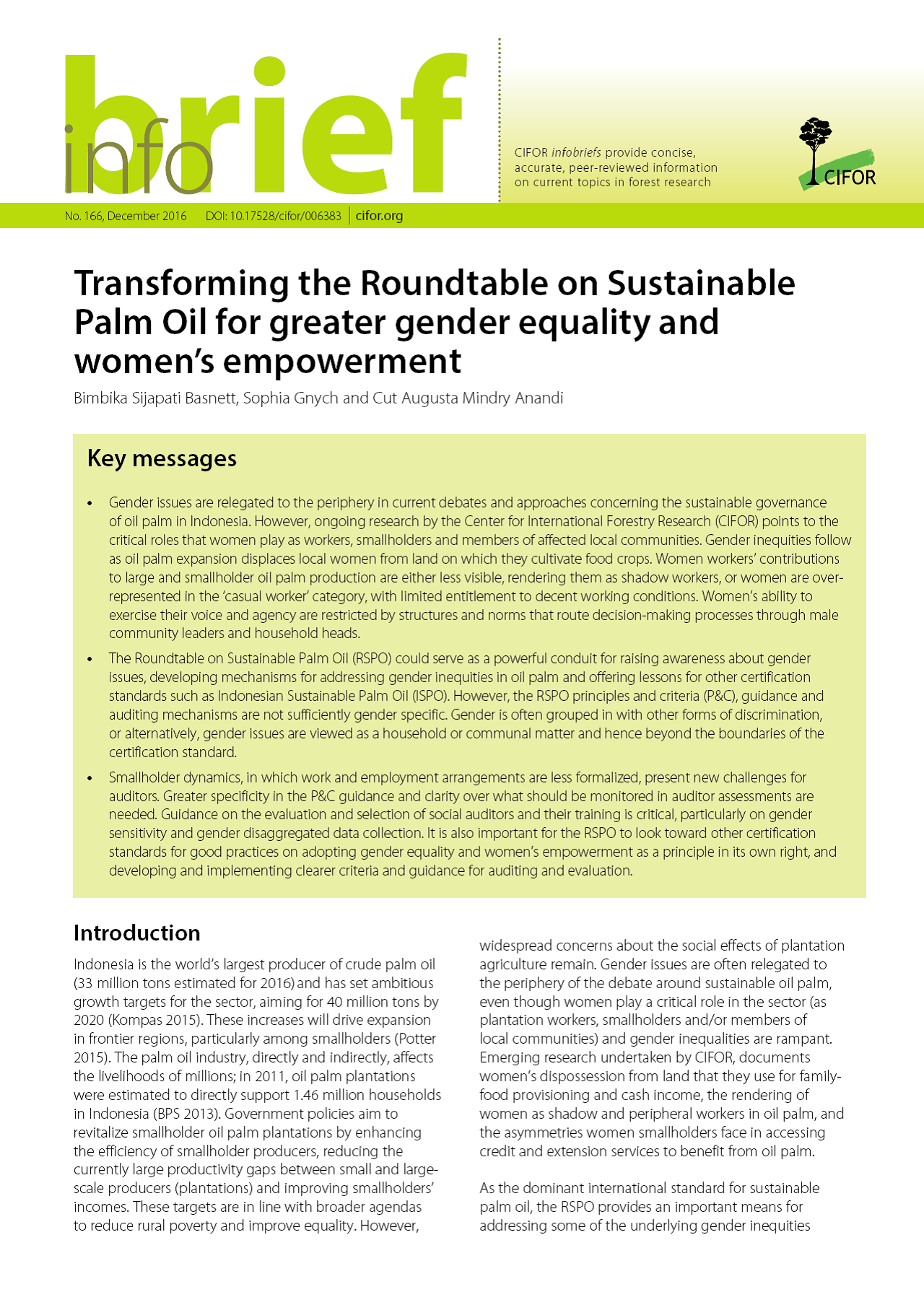From Risk and Conflict to Peace and Prosperity
Amid the realities of major political turbulence, there was growing recognition in 2016 that the land rights of Indigenous Peoples and local communities are key to ensuring peace and prosperity, economic development, sound investment, and climate change mitigation and adaptation. Despite equivocation by governments, a critical mass of influential investors and companies now recognize the market rationale for respecting community land rights.












